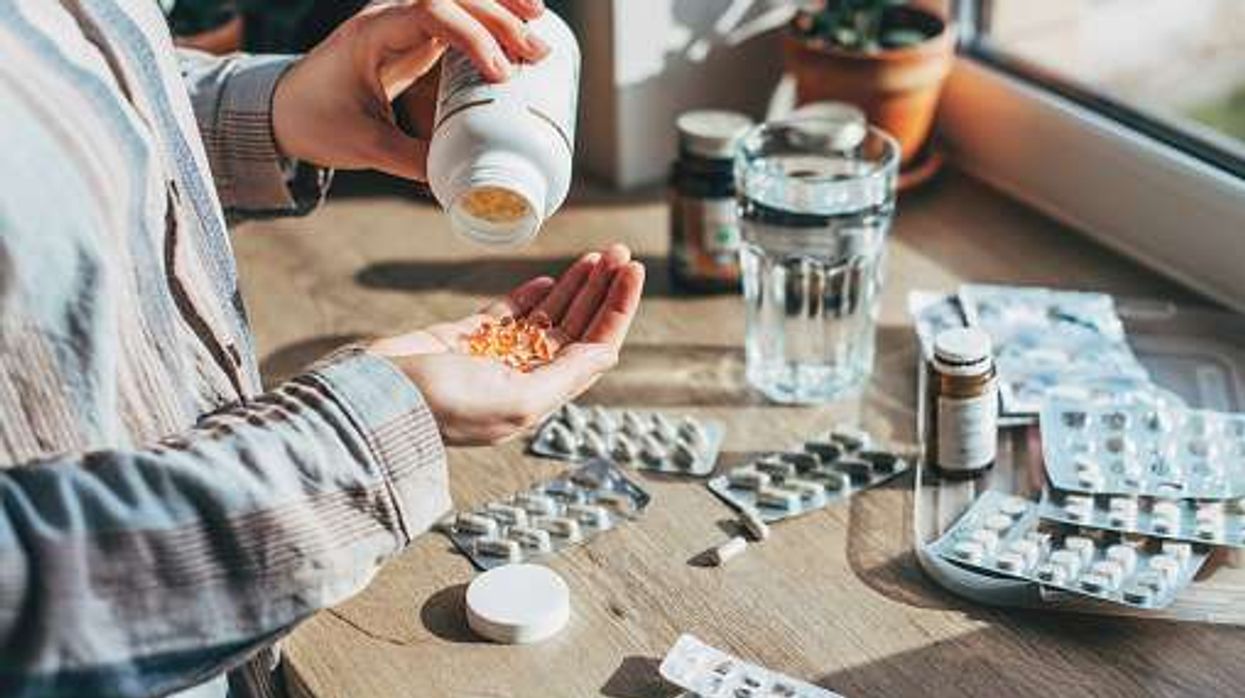The Royal Pharmaceutical Society (RPS) has launched a new position paper on ‘How pharmacy can do more to tackle health inequalities’.
The RPS paper aims to help pharmacists and pharmacy teams to take action against health inequalities. It is designed to provide a reference source for pharmacy teams to use over time to continually improve services.
RPS said: “Like all health services, these pharmacy services do not always reach everyone. Often it is people who are suffering the greatest inequalities that find it most difficult to access the services that are currently available. This can be for a large number of reasons including poverty, education, being part of a group vulnerable to exclusion, language and power.”
Therefore, the RPS paper focuses not on “what” services pharmacy provides but “how” they are provided, with an aim of making them more accessible for people who are currently struggling.
Claire Anderson, President of Royal Pharmaceutical Society said: “It’s fantastic that pharmacy teams in every sector of pharmacy across Great Britain are providing care that can improve health inequalities, with many patients able to access pharmacy services very easily. Brilliant examples of this shine through in the paper.
“Pharmacy should now build on these examples of best practice, using this p
aper as a resource to support their development, to ensure no-one feels excluded or unable to access care. As pharmacists, we need to think differently, proactively seek out people who may not be accessing our services, ensure we are welcoming and ultimately ensure that everyone can benefit from our support and care.”
Andrew Carruthers, Chair of the RPS Scottish Pharmacy Board, added: “Tackling health inequalities is such an important topic right now because of the increasing cost of living. This paper aims to stimulate pharmacists’ thinking about how they provide care. It brings together resources that they can then dip into over time to make improvements with the ultimate aim of delivering accessible pharmaceutical care to everyone.”











